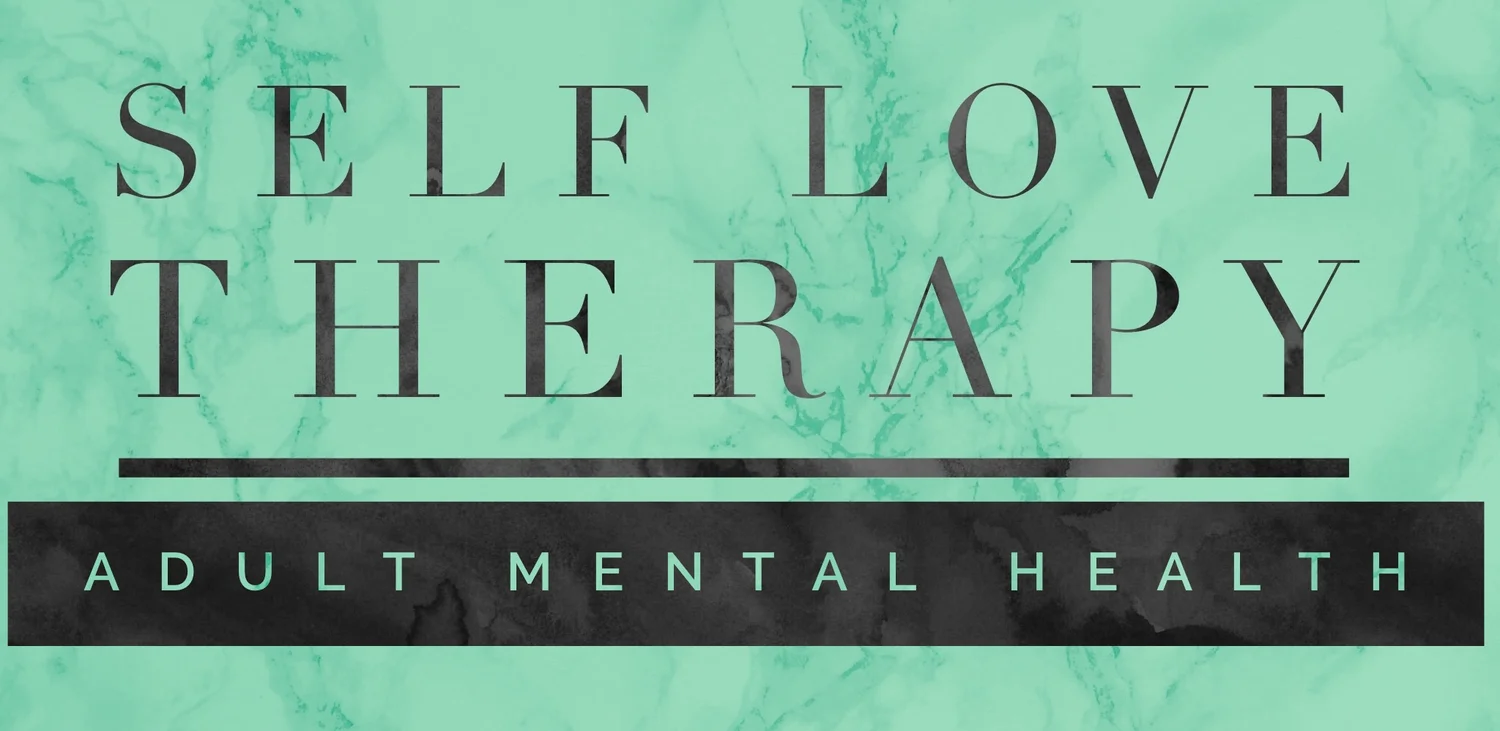We owe our evolutionary survival to women’s vigilant protection of human families against threats. Faced with a male-dominant political system, women also feel threatened, rejected and devalued. Especially now more than ever, people struggle to comprehend – through media outlets – an impulsive and commanding White House. Condescending sexist remarks and divisive policy making only comprise the tip of a much larger iceberg quickly reshaping the landscapes of egalitarian American values. But there is yet a much more serious source of stress: the media.
The emotional climate for powerless and angry male partners of women is in no better shape. As Capitol’s political uncertainties and absurdities get covered in every newsfeed, constant notifications frequently expose some consumers to ‘headline stress disorder’ a condition termed by Dr. Steven Stosny, a Maryland-based therapist, as a fear-based response of heightened emotional reactivity, to which women appear to be more susceptible.
Intrinsically and clinically, women are more susceptible to anxiety as their innate protectiveness looks out to ensure the wellbeing of their offspring. The female hormone estrogen is also associated with increased physiological symptoms of anxiety in contrast with testosterone that reduces fear response. The danger is experienced as rising cortisol levels in the blood stream alarm the body to stay in a fight-or-flight mode, leading to more severe anxiety, anger, and ultimately physical and emotional exhaustion.
For those of us constantly reading one disastrous headline after the other and still unable to stop, then “Just don’t look at your phone so often” is likely easier said than done. Turning to women’s evolutionary skills for survival, here is what you can do to lower your stress caused by a new anxiety-provoking political era:
1. Join your community: Women’s March in Washington was an excellent depiction of the power of community in proactive coping. Shared values, goals and experiences create synergy, offset feelings of loneliness and isolation and foster feelings of belongingness.
2. Hug and cuddle: The stress hormone cortisol is cancelled out by the bonding hormone Oxytocin released during moments of intimate connections, prolonged physical contact and, of course, love making. But even hugging for more than 20 seconds has been shown to reduce the harmful effects of stress on blood pressure and heart rate.
3. Embrace your values: a crack in the wall is surely ugly, but is also where the light comes in. In times of hardship we are also witnessing heroic – and creative – manifestations of resistance, hardiness, and resilience. We are most effective as we focus on the changes we want to experience rather than reacting to those we don’t wish to exist. Just in the past week, the statue of the “fearless girl” was installed next to the infamous statue of the bull on Wall Street. We need feminine and masculine gods and goddesses to build a nation. Don’t let the bullies intimidate you.
Have a peaceful week ahead!


